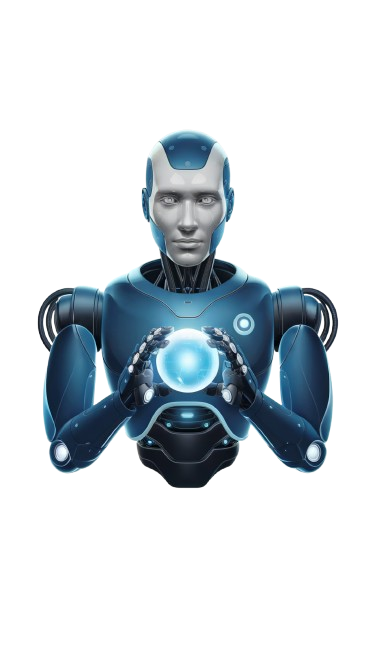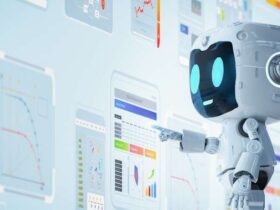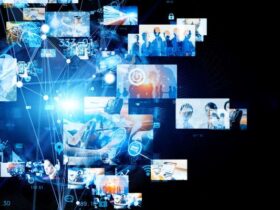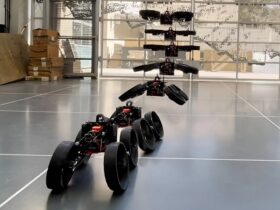The business world is changing fast, thanks to new advances in artificial intelligence (AI) and automation. These technologies are changing how companies work. They’re also set to boost the economy and solve big social problems. By looking into emerging AI technologies and their role, you’ll see a future where humans and machines work together. This will bring new levels of productivity, efficiency, and innovation.
Key Takeaways
- Around 44% of companies are interested in investing seriously in AI.
- Researchers expect machines to write school essays by 2026, self-driving trucks to replace drivers by 2027, and outperform humans in retail positions by 2031.
- By 2030, the global economy could gain up to $15.7 trillion by using artificial intelligence.
- AI-driven automation leads to fewer manual mistakes, making businesses more productive.
- Companies that use AI and automation get ahead in the digital world.
Accelerating Progress in AI and Automation
AI and automation are changing the game for businesses worldwide. Advanced robots and other AI tools are making a big impact. They help by making product suggestions, spotting problems, and catching fraud.
These technologies could add up to $5.8 trillion in value each year. That’s 40% of the total value from all analytics methods.
Rapid Technological Advancements
Machine learning has made huge strides thanks to better computing and more data. Now, AI can do amazing things like see and understand language. This is opening doors for its use in many industries.
Transforming Businesses and Driving Economic Growth
AI and automation are set to boost the global economy and make people’s lives better. Experts say they could increase productivity by 2% each year for the next ten years. This is thanks to digital advancements.
Industries like telecom, finance, and cars are at the forefront of using AI. They’re bringing new ideas and making things more efficient.
But, these changes come with challenges too. There’s a risk of jobs being lost and the need for workers to learn new skills. Leaders and policymakers must work together. They need to make sure AI benefits everyone and address any downsides.
Key Capabilities of AI and Automation
AI technologies like machine learning and neural networks are changing many industries. They help with tasks such as precision medicine and speech recognition. These technologies also make things like image analysis and natural language processing faster and more accurate.
AI can do some healthcare tasks as well as or better than humans. But, there are still challenges like technical and ethical issues that stop full automation in healthcare. Experts say that combining AI and automation, or hyperautomation, is the future.
Automation aims to make tasks less repetitive, making things more efficient and accurate. AI can do a wide range of tasks and get better over time by learning from data. Together, automation and AI are key to progress in industries like manufacturing and services.
| Automation | AI |
|---|---|
| Focuses on task execution and efficiency | Mimics human decision-making and cognitive abilities |
| Involves rule-based tasks without learning capabilities | Involves complexity and adaptability |
| Streamlines business processes and addresses skills/labor shortages | Enhances capabilities of automation processes and enables intelligent decision-making |
Combining AI and automation brings big benefits like faster speed and higher quality outputs. This leads to a better return on investment (ROI).
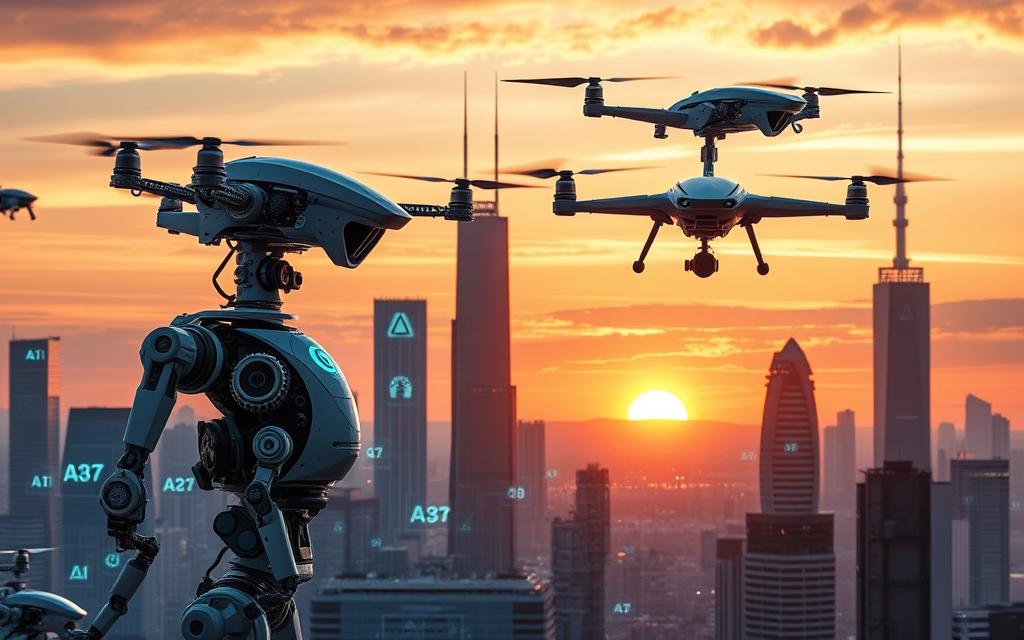
AI and Automation in Healthcare
The healthcare industry is facing a big challenge with lots of data. Artificial intelligence (AI) is becoming key in this field. It’s being used for things like making diagnoses, giving treatment advice, talking to patients, and handling paperwork.
Robotic process automation (RPA) is helping with tasks like getting prior authorizations, updating patient info, or handling bills. Surgical robots have been around since 2000 in the USA. They help surgeons make precise cuts and do operations with less invasive surgery. But, humans still make the big decisions.
AI can do many healthcare tasks as well as or better than people. But, it won’t replace most healthcare jobs anytime soon. There are also big ethical questions about using AI in healthcare.
| AI Healthcare Applications | Benefits |
|---|---|
| Claim Processing Automation | Saves time and money, improves cash flow, reduces financial losses |
| Automated Prescription Management | Reduces medication errors, enhances patient safety |
| Personalized Patient Care | Improves patient outcomes, lowers costs |
The healthcare industry is really taking to AI and automation. These technologies are changing healthcare for the better. They’re making things like handling paperwork easier and improving patient care. AI in healthcare is set to boost efficiency, productivity, and patient outcomes big time.
Conclusion
The future of AI and automation is bright, set to change industries and our daily lives. Technologies like machine learning and natural language processing are moving fast. But, there are big challenges that need to be solved before we see the full benefits.
Things like technical issues, getting organizations ready, and ethical concerns will affect how fast and how much AI and automation will be used. As these technologies grow, it’s important for businesses, leaders, and people to understand the complex issues. They must make sure the benefits of AI and automation are used in a responsible way.
Government agencies are trying to guide the growth and use of AI. They see its value in science, economics, and governance. But, they need more time and resources to keep up with the fast-changing technology. It’s important for governments to manage AI’s impact on society. They should also help communities get ready for the future.

